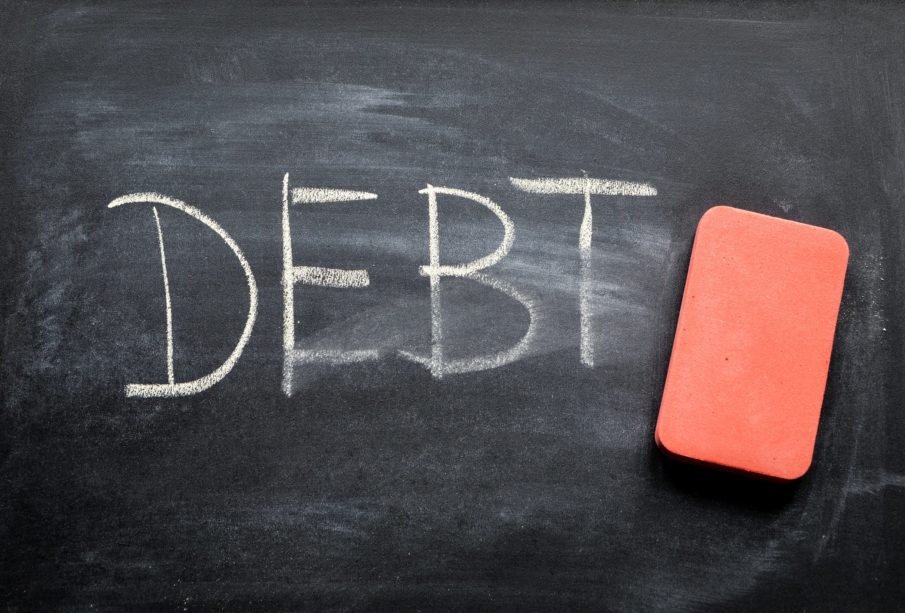
Debt collectors are not always fair. And, in recent cases, we have observed that most fake debt collectors are in the market.
They will get your information through a mole within the Internal Revenue Service (IRS) and then call you to loot you. Don’t get into their trap. As a citizen of the USA, you have certain rights that protect you from disclosing any information to your debt collector. This way you not only protect yourself from scams but also get to know how much debt you need to pay.
In this blog, we have mentioned the questions that you should be asking your debt collector and your rights, according to The Fair Debt Collection Practices Act. So, that next time when a debt collector or a debt collector agency calls you, you are ready to grill them to know if they are from the government.
Questions You Should Be Asking Your Debt Collection Agency
Let’s say you receive a call from your debt collection agency, and the person on the other end of the phone line claims that he/she is from a debt collection agency. What will you do? Instead of panicking, you should be asking them about their purpose of calling. The question should be along these lines.
- Who are you? Who do you represent? What is your direct telephone number? What is the address?
Okay, these are just too many questions. You can ask either one or two from them. But you need to know where they are calling from and what their telephone number is. This will help you verify if someone from the IRS called you. Next, ask them about their name. Most debt collectors will not tell you their name, but the Fair Debt Collection Practices Act requires them to tell you everything.
If they don’t tell their name and instead threaten you, tell them that you are aware of your rights and you will not talk with debt collectors that don’t respect the law. You can also record the call and tell them that you are recording this call.
- What is the purpose of their call?
Next, they will tell you about the debt you accrued. Ask them why they are calling on a phone line and why have they not sent you an official letter through the post. The Fair Debt Collection Practices Act requires the debt collection agency to send you a formal letter by post. The letter should also include the complete calculations of the debt that you accrue. This includes the actual debt, the percent of interest on it, and the overall period.
Ask the debt recovery officer to supply you with all these details by post so that you know what they are talking about.
If the debt collector is from a legitimate company, he will send the complete details mentioning the amount of debt you accrue through the mail.
- Are they authorized to collect the debt?
You should also ask them if they are authorized to call you to collect the debt. Most debt collection agencies are not authorized by the government to collect the debt from their citizens because this is the work of the IRS. Unless they are from the government, they are not authorized to collect it. So, ask them to mail you their authorization letter copy that they must have received from the government. If they are legitimate, they will send you the authorization letter within 30 days of requesting it.
You should also note that according to the Fair Debt Collection Practices Act, debt collection agencies are required to send proof of authorization copy within 30 days of the request. If they refuse to send the copy, you have every right to ignore their calls.
- How much debt is on you?
You have the right to know how have they calculated how much debt is on you. So, ask the debt collector for proof of how they have calculated the debt you accrue. The Fair Debt Collection Practices Act states that you can request a debt validation letter from the debt collection agency. The letter should be sent to you through a certified mail service, and it should be concealed so that only you can collect it.
- How will they report to the IRS?
Sometimes IRS does hire third-party services to collect the debt from the citizens. These are called private debt collection agencies, and they have to report to the IRS once they have collected the debt from you. For more details on the private debt collection read.
However, you have the right to ask the private debt collection agency about how they will report to the IRS. Also, ask them if they will submit the information to the credit bureau?
If your credit score has already taken a hit, the private debt collection agency should submit a zero-balance statement to the credit bureau to bring your rating back in the green line.
- How to dispute my debt?
You can dispute the debt if you are not sure they have provided accurate calculations for the collection. If you decide to dispute, the debt collection agency can start a legal process where it will have to submit additional documentation supporting its right to collect. The documentation can include paperwork from the original creditor.
Again, you should note that this is your right under the Fair Debt Collection Practices Act. You don’t have to pay a debt bill to an agency that can’t produce legal paperwork supporting their claim.
Bottom-line
Remember, there are many fake debt collection agencies. Therefore you must be familiar with your rights. A debt collector cannot legally threaten you or claim that you have to pay them without providing supporting documents in writing. If you experience any such scenarios, better to ignore or call the IRS.










